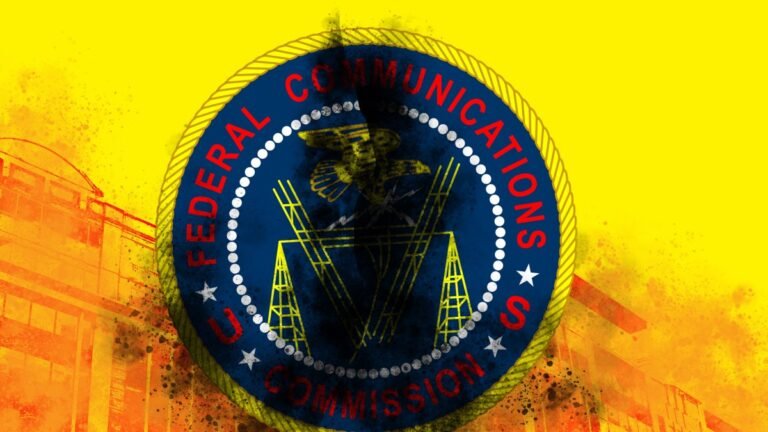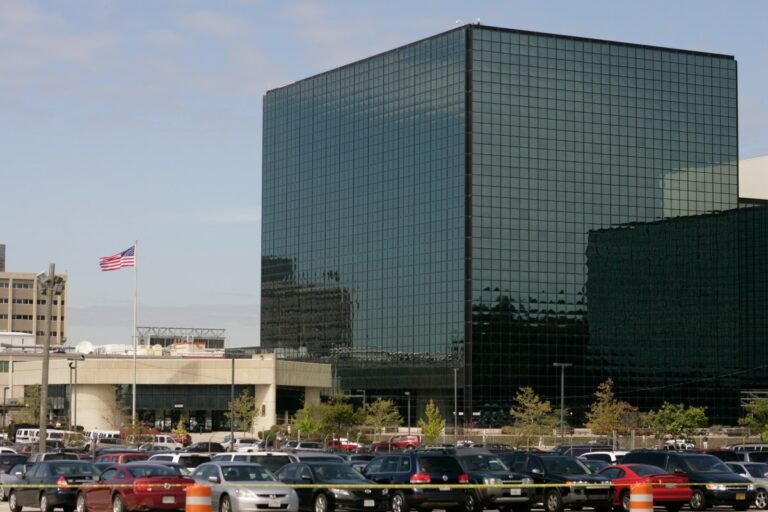
U.S. cybersecurity agency CISA has confirmed that Russian government-backed hackers stole emails from several U.S. federal agencies as a result of an ongoing cyberattack at Microsoft.
“Midnight Blizzard’s successful compromise of Microsoft corporate email accounts and the exfiltration of correspondence between agencies and Microsoft presents a grave and unacceptable risk to agencies,” said CISA.
CISA made details of the emergency directive public on Thursday after giving affected federal agencies a week to reset passwords and secure affected systems.
CISA did not name the affected federal agencies that had emails stolen, and a spokesperson for CISA did not immediately comment when reached by TechCrunch.
The emergency directive comes as Microsoft faces increasing scrutiny of its security practices after a spate of intrusions by hackers of adversarial nations.

If Trump wins, net neutrality is dead for one of several reasons.
A second Trump presidency, whatever its likelihood or one’s opinion on his other policies, would be fatal to net neutrality efforts.
Companies that oppose regulations like the FCC’s net neutrality plans often call for federal legislation on the topic.
A third threat to net neutrality comes from the Supreme Court, which is performing quite a bit of conservative wish-fulfillment lately.
Net neutrality rules being moot due to the FCC being inoperable would be the least of our worries if that occurs, though.

Four things we learned when US spy chiefs testified to Congress US intelligence leaders gave their most recent — and frank — assessment of global cyber threatsCyberattacks, regional conflict, weapons of mass destruction, terrorism, commercial spyware, AI, misinformation, disinformation, deepfakes and TikTok.
These are just some of the top perceived threats that the United States faces, according to the U.S. government’s intelligence agency’s latest global risk assessment.
Some cybersecurity experts have called on governments to outright ban ransom payments as necessary to stop hackers profiteering from cybercrime.
Given how much data we share from our phone apps (which many don’t give a second thought), U.S. spy agencies are simply buying up vast troves of Americans’ commercially available location data and internet traffic from the data brokers.
In other words, U.S. spy agencies can keep buying data on Americans that is readily available for purchase until Congress puts a stop to the practice — even if the root of the problem is that data brokers shouldn’t have our data to begin with.

The U.S. National Security Agency is buying vast amounts of commercially available web browsing data on Americans without a warrant, according to the agency’s outgoing director.
The NSA did not say from which providers it buys commercially available internet records.
Previous reporting shows the Defense Intelligence Agency bought access to a commercial database containing Americans’ location data in 2021 without a warrant.
A week later, the FTC brought similar action against InMarket, another data broker, saying the company did not obtain users’ explicit consent before collecting their location data, and banned the data broker from selling consumers’ precise location data.
When reached by email, NSA spokesperson Eddie Bennett confirmed the NSA collects commercially available internet netflow data, but declined to clarify or comment on Nakasone’s remarks.

The U.S. government’s cybersecurity agency has warned that criminals could use legitimate remote desktop software to compromise federal agencies, given that such software poses a low barrier to entry for…

Technology has transformed how businesses operate, yet the process of selling and buying property has largely remained unchanged. Social media may be the key to changing this, as proptech companies…

This proposal worries free speech advocates as it would give the government more control over what information is disseminated online, potentially limiting the ability of individuals to access unbiased news…










